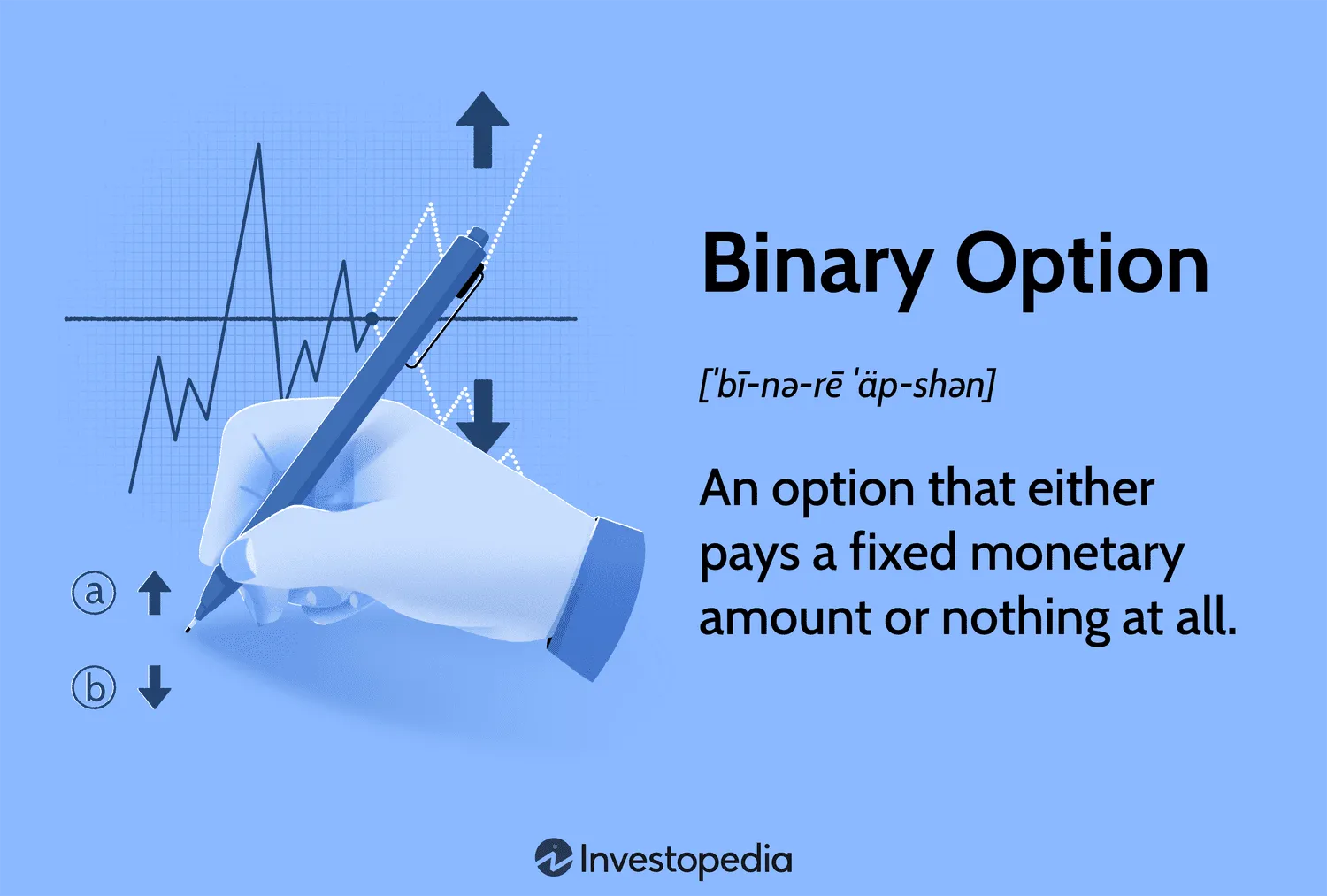In the ever-evolving world of cryptocurrencies, Bitcoin continues to serve as an undeniable pioneer. However, despite its decentralized nature, Bitcoin remains intrinsically tied to the US economy. This intricate relationship creates opportunities and challenges that must be addressed for the cryptocurrency to reach its full potential. In this article, we will explore how Bitcoin’s connection to the US economy influences its value and credibility.
Relationship Between Bitcoin and US Economy
Bitcoin’s connection to the US economy goes beyond mere speculation. The value of Bitcoin is heavily influenced by US economic trends, political decisions, and monetary policies. Market sentiment plays a crucial role in shaping Bitcoin’s price, with investors closely monitoring US economic indicators such as GDP growth, inflation rates, and unemployment figures. Any significant changes in these factors can send shockwaves through the cryptocurrency market, impacting Bitcoin’s value.
Additionally, political decisions and policies implemented by the US government can have a direct impact on Bitcoin. For instance, regulatory measures, taxation policies, or even statements from influential figures can send ripples of uncertainty through the cryptocurrency market, resulting in price fluctuations. This interdependence raises questions about the true autonomy of Bitcoin and whether it can truly be considered separate from traditional financial systems.
Impact of the US economy on Bitcoin
The influence of the US economy on Bitcoin is undeniable. The US dollar, as the world’s reserve currency, holds significant sway over global financial markets, and Bitcoin is no exception. When the US economy experiences periods of stability and growth, investors may flock to traditional assets, diverting attention away from Bitcoin and potentially causing a decline in its value.
Conversely, during times of economic uncertainty or geopolitical tensions, Bitcoin often emerges as a haven asset. Investors seeking to diversify their portfolios and hedge against traditional market volatility turn to Bitcoin as a potential store of value. This phenomenon was evident during the global financial crisis of 2008 when Bitcoin gained popularity as an alternative to traditional currencies and financial systems.
What hinders Bitcoin’s independence
Three principal factors are roping Bitcoin to the dollar, hindering its complete global currency independence:
1. Dollar-pegged stablecoins
Stablecoins such as USDT and USDC have amplified crypto’s reliance on the US economic landscape. Bitcoin predominantly trades against the US dollar on numerous crypto platforms, often indirectly via stablecoins.
2. Regulatory dynamics
The US regulatory landscape has a significant impact on Bitcoin’s market sentiment. Any positive or negative news regarding policy can have ripple effects on the entire crypto market, including bitcoin.
3. Institutional acceptance
US institutional adoption has further intertwined bitcoin with the nation’s economy. ETF outcomes aside, significant financial bodies now include Bitcoin in their asset arrays, tying its value to US market sentiments.
The path to decoupling
Many investors turn to Bitcoin as a hedge against US dollar depreciation in uncertain economic climates. Yet, if current conditions continue, bitcoin might more closely mirror traditional US investment avenues like equities.

Decoupling Bitcoin from the US economy requires both technological advancements and changes in mindset. One proposed change is the development of a truly decentralized and censorship-resistant internet infrastructure, which would ensure that Bitcoin transactions can be conducted securely and privately without reliance on centralized internet service providers. This would reduce the risk of government interference and enhance Bitcoin’s autonomy. Another proposed change is the introduction of stablecoins backed by a basket of global currencies. By pegging the value of stablecoins to a diversified mix of currencies, Bitcoin could become less susceptible to fluctuations in any single economy, including the US. This would increase stability and mitigate the impact of US economic trends on Bitcoin’s value.
Benefits of decoupling Bitcoin from the US economy
Decoupling Bitcoin from the US economy could bring several benefits. Firstly, it would enhance Bitcoin’s credibility as a truly independent and decentralized financial system. This would attract more users and investors who are seeking alternatives to traditional financial systems. Additionally, decoupling Bitcoin would reduce the risk of regulatory intervention, ensuring that the cryptocurrency can continue to operate freely and without unnecessary restrictions.
Furthermore, decoupling Bitcoin from the US economy would reduce the volatility associated with its ties to macroeconomic factors. This would make Bitcoin a more reliable store of value and a viable medium of exchange, encouraging its adoption for everyday transactions. As trust and confidence in Bitcoin grow, its utility as a global currency could expand, fostering financial inclusion and providing individuals in underserved regions with access to a secure and decentralized financial system.
Challenges associated with decoupling Bitcoin from the US economy
Decoupling Bitcoin from the US economy is not without challenges and risks. One significant challenge is the potential loss of liquidity. The US market is currently one of the most liquid markets for Bitcoin, with a significant portion of trading volume occurring on US-based exchanges. Decoupling could result in a temporary decrease in liquidity, which could lead to increased price volatility and potentially hinder Bitcoin’s adoption for everyday transactions.
Additionally, decoupling Bitcoin from the US economy would require widespread adoption and acceptance of alternative exchanges, stablecoins, and payment systems. Overcoming the network effect and convincing users to shift away from established platforms and currencies could prove challenging. Education and awareness campaigns would be essential to ensure that users understand the benefits of decoupling and feel confident in transitioning to alternative systems.
Role of regulation in changing Bitcoin’s ties to the US economy
Regulation plays a crucial role in shaping the relationship between Bitcoin and the US economy. While excessive regulation can stifle innovation and hinder Bitcoin’s growth, a balanced and well-thought-out regulatory framework can provide clarity and foster trust in the cryptocurrency. Regulation should aim to protect consumers, prevent illicit activities, and promote fair and transparent markets while allowing for innovation and the development of new technologies.
Collaboration between governments, regulatory bodies, and the cryptocurrency community is essential to strike the right balance. By working together, it is possible to establish regulations that address concerns related to money laundering, fraud, and market manipulation while allowing Bitcoin to operate independently and without undue interference from the US economy.
Future of Bitcoin’s relationship with the US economy
The future of Bitcoin’s relationship with the US economy is uncertain but filled with potential. As the cryptocurrency market continues to mature, Bitcoin will likely become less reliant on the US economy and more independent. Technological advancements, regulatory developments, and changes in market dynamics will all contribute to shaping this future.
Ultimately, Bitcoin’s success as a global currency and financial system will depend on its ability to overcome the limitations imposed by its ties to the US economy. By embracing change, fostering innovation, and striving for greater autonomy, Bitcoin can truly become a transformative force in the world of finance, offering individuals a decentralized and inclusive alternative to traditional financial systems.
Conclusion
Bitcoin’s ties to the US economy have both advantages and limitations. While the US economy heavily influences Bitcoin’s value, it also poses challenges to its independence. Decoupling Bitcoin from the US economy requires significant changes and technological advancements. By embracing decentralized exchanges, and stablecoins, and fostering increased adoption as a means of payment, Bitcoin can become less reliant on the US economy. However, decoupling is not without challenges and risks. Overcoming liquidity issues, driving adoption, and striking a balance with regulation are crucial steps toward achieving greater autonomy. The future of Bitcoin’s relationship with the US economy is uncertain, but with the right changes and mindset, Bitcoin can become a truly independent and transformative financial force.
That is why Bitcoin and US economy are important factors for the bright future of America





